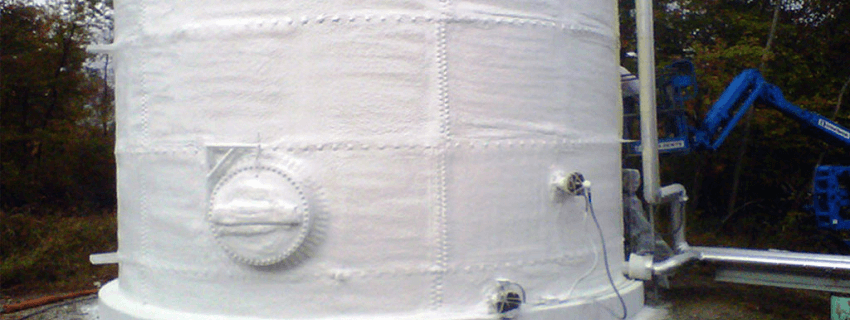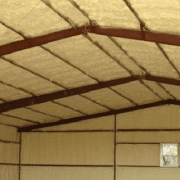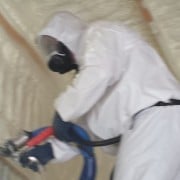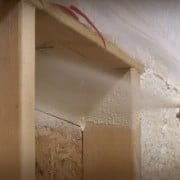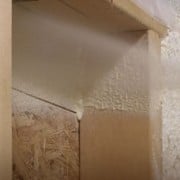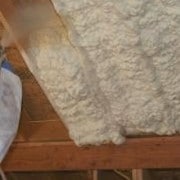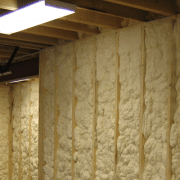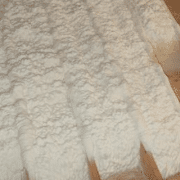Garage Door Insulation Guide
[ad_1]
The garage is many times the largest uninsulated location in a house, and insulating it can lead to large long-term savings on your energy bill, particularly if the garage is employed as a workspace or if there exists a room directly on top of the garage. Spending less is the most obvious benefit, but certainly not the sole one. Keeping the garage cooler in the summertime and warmer in the winter months is likely to make operating in the garage a much more pleasant activity, as well as make entering to your car significantly less painful. Insulation will also reduce street noise in case you are inside a loud area.
Insulating a garage door is easily completed by buying a pre-made insulation kit. These kits will contain everything you should need install the insulation on your own, however if you don’t feel up to the job, it’s possible to employ a professional. Insulation kits tend to fall inside the price range of 80 and 200 dollars, based on whether or not you have 1 or 2 doors that require insulation. There are many major types of kits to consider:
Fiberglass
Foil (Single or double layered)
Expanded Polystyrene (EPS)
Before looking at these kinds of insulation, it is essential to be aware of the concept of the R-value. The R-value of a material is a means of measuring how much it stops heat transfer. For insulation purposes, the larger the R-value of a material, the better insulating it actually is.
Fiberglass
Fiberglass kits often boast the highest R-value ratings. Owens Cornering is the most popular fiberglass insulation manufacturer, and their garage door insulation kit possesses an R-value of 8, and is considered easy to install. However, this kit is made for 8 panel garage doors. 10 panel doors are rather common, and so you might have to leave some panels uncovered, or buy an additional kit in order to cover the remaining panels. Many may also consider the fiberglass aesthetically unappealing.
You will find more information on the Owens Cornering website, such as a set up video, and professional installation services.
Foil
Reflective foil kits can be found in both single and double layered varieties. It’s made from layers of polyethylene bubbles surrounded by sheets of aluminum. The single layer providing an R-value of about 4.6, and the double layer an R-value close to 6. Foil insulation is acceptable for garages without sections built-in to the door, as it covers the entire door. It is easy to install and has a reasonably good R-value rating, however some could find the reflective surface unattractive.
Expanded Polystyrene
EPS kits contain panels made of Expanded Polystyrene, covered with High Impact Polystyrene (HIPS). Though they’ve got an R-Value close to 4.5, many find them far more sleek to look at than fiberglass or foil. The laminated surface also makes them both durable and straightforward to wash. Some popular EPS kits are sold by FoamPanel and Matador. Matador kits are available from their official website, and FoamPanel kits, like most kits mentioned on this website, can be purchased from Texas Garages.
Places to buy:
Online
Owens Cornering
Matadoor
Texas Garages
Retail
Garage door insulation kits should be offered by most home local home maintenance stores including Lowes, Home Depot, Ace Hardware, etc. Most of these stores have an online presence as well.
Some things to remember
For those who have multiple garage doors, you’ll generally need to acquire one kit per door.
While these kits probably will not add enough wait to the doors to result in any problems, if your springs are worn out, you may need to replace or repair them.
Wear gloves whenever using fiberglass. Touching fiberglass with bare skin and end in itchy skin and inflammation.
[ad_2]

